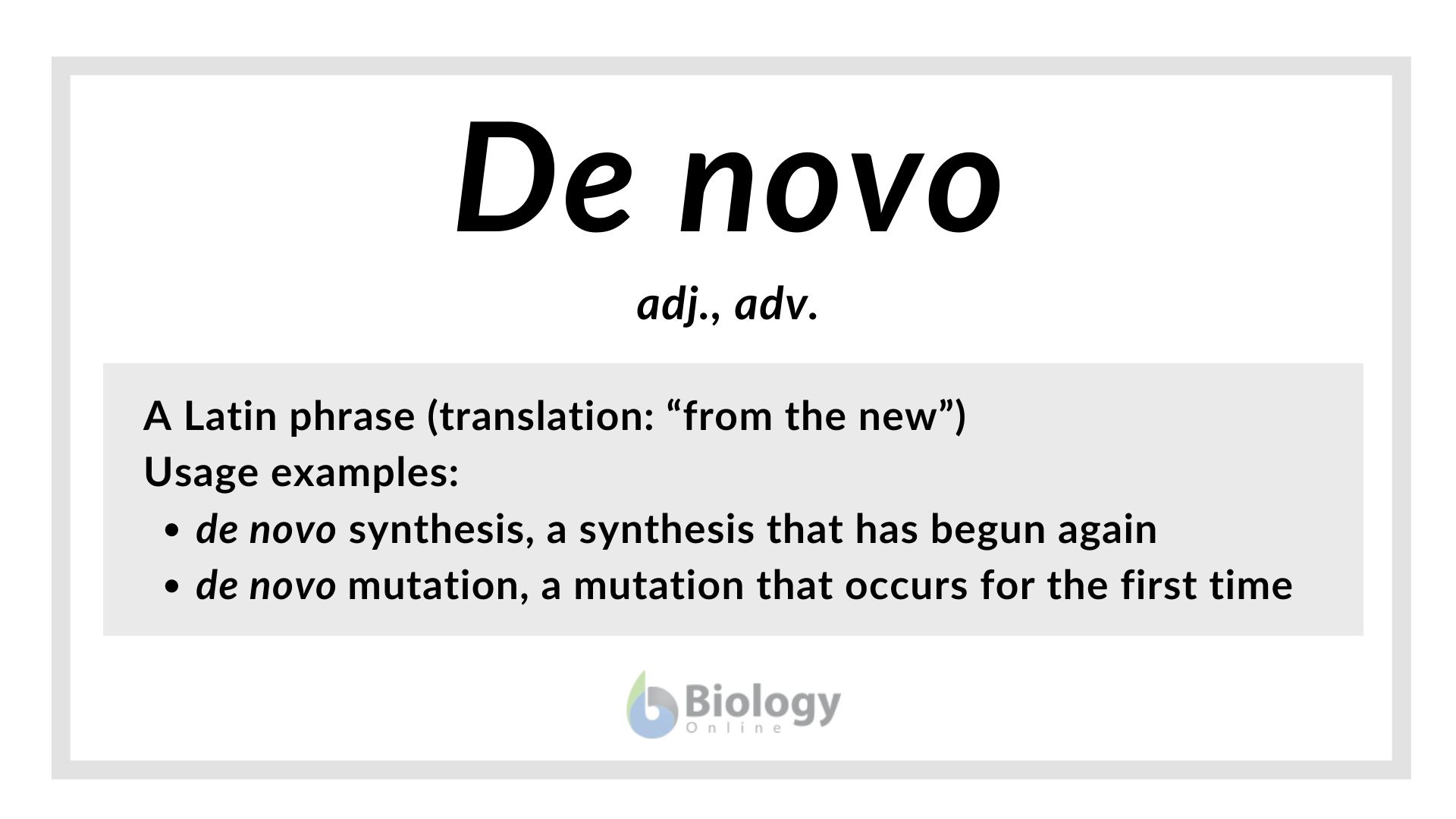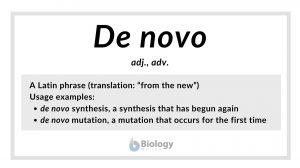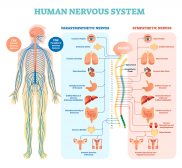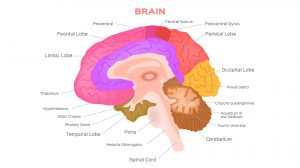
de novo definition
Table of Contents
De Novo Definition
What is de novo? The term is an adverb and an adjective. As an adverb, it is used to denote that something occurs from the start or from the beginning again. As an adjective, it describes something that is not present previously or is just beginning. What does de novo mean in science and medicine?
In biology, for instance, de novo describes some biological process or entity that has begun again. It is a phrase that roughly translates to “new” or “anew”. The same meaning applies to medical and other related fields. Some people italicize the term to indicate that it is a Latin phrase.
De novo Etymology
De novo came from the Latin adverb dē novō, meaning “from the new”. In particular, dē means “from” whereas novō, “new”.
Synonyms: anew; afresh; again; new.
De novo Examples
Examples of its usage are as follows:
- De novo synthesis (of a complex molecule): in biochemistry, this is a common phrase. It is used to refer to the formation of any of the various complex biomolecules from simple molecules or precursors via a certain biochemical pathway. This means it has been produced inside the organism anew.
- De novo peptide sequencing: in bioinformatics, this phrase refers to a form of sequencing.
- De novo mutation: a phrase in genetics that means a form of a genetic mutation that occurs for the first time in a family member. The mutation (e.g. deletion) could lead to variants inside a germ cell of one of the parents. The variant could also come from a mutated gene inside the fertilized egg. (Ref.1) Mutations like this are important. They increase the variation of the gene pool and the inheritance of new traits leads to greater diversity.
Related terms
See also
References
- Definition of de novo mutation – NCI Dictionary of Cancer Terms. (2020). National Cancer Institute; Cancer.gov. https://www.cancer.gov/publications/dictionaries/genetics-dictionary/def/de-novo-mutation
©BiologyOnline. Content provided and moderated by BiologyOnline Editors.







